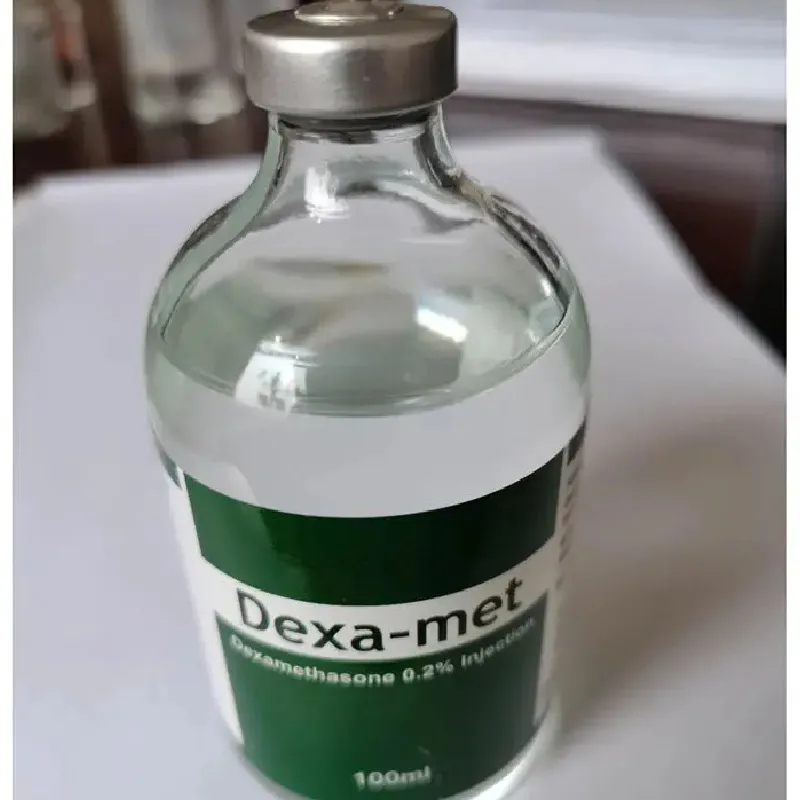- Afrikaans
- Albanian
- Amharic
- Arabic
- Armenian
- Azerbaijani
- Basque
- Belarusian
- Bengali
- Bosnian
- Bulgarian
- Catalan
- Cebuano
- Corsican
- Croatian
- Czech
- Danish
- Dutch
- English
- Esperanto
- Estonian
- Finnish
- French
- Frisian
- Galician
- Georgian
- German
- Greek
- Gujarati
- Haitian Creole
- hausa
- hawaiian
- Hebrew
- Hindi
- Miao
- Hungarian
- Icelandic
- igbo
- Indonesian
- irish
- Italian
- Japanese
- Javanese
- Kannada
- kazakh
- Khmer
- Rwandese
- Korean
- Kurdish
- Kyrgyz
- Lao
- Latin
- Latvian
- Lithuanian
- Luxembourgish
- Macedonian
- Malgashi
- Malay
- Malayalam
- Maltese
- Maori
- Marathi
- Mongolian
- Myanmar
- Nepali
- Norwegian
- Norwegian
- Occitan
- Pashto
- Persian
- Polish
- Portuguese
- Punjabi
- Romanian
- Russian
- Samoan
- Scottish Gaelic
- Serbian
- Sesotho
- Shona
- Sindhi
- Sinhala
- Slovak
- Slovenian
- Somali
- Spanish
- Sundanese
- Swahili
- Swedish
- Tagalog
- Tajik
- Tamil
- Tatar
- Telugu
- Thai
- Turkish
- Turkmen
- Ukrainian
- Urdu
- Uighur
- Uzbek
- Vietnamese
- Welsh
- Bantu
- Yiddish
- Yoruba
- Zulu
10 月 . 13, 2024 15:35 Back to list
Oxytetracycline Dihydrate Injectable Solution for Effective Infection Treatment and Prevention
Oxytetracycline Dihydrate Injection An Overview
Oxytetracycline dihydrate injection is a broad-spectrum antibiotic utilized in various clinical settings to combat bacterial infections. This medicine belongs to the tetracycline class of antibiotics, which function by inhibiting protein synthesis in bacteria, thereby halting their growth and replication. Since its discovery in the late 1940s, oxytetracycline has become a key player in treating a wide range of infections, particularly those caused by gram-positive and gram-negative bacteria.
One of the defining features of oxytetracycline dihydrate is its solubility and ease of administration. The dihydrate form enhances the stability of the molecule, making it suitable for injection. This mode of delivery is particularly beneficial in scenarios where a rapid therapeutic effect is required, and oral administration may be impractical, such as in patients who are unable to take oral medications due to gastrointestinal issues or severe illness.
Oxytetracycline is effective against infections like respiratory tract infections, urinary tract infections, and skin infections. It is also used in certain cases of acne and is an important medication in treating some zoonotic diseases, which are infections transmitted from animals to humans. The antibiotic is often employed in veterinary medicine as well, underscoring its utility in both human and animal health.
The mechanism of action of oxytetracycline dihydrate involves the binding to the 30S ribosomal subunit of the bacterial ribosome. This binding prevents the attachment of aminoacyl-tRNA to the ribosome, effectively inhibiting protein synthesis. Without the ability to produce essential proteins, bacteria cannot grow or replicate, leading to their eventual death. This mode of action makes oxytetracycline effective against a diverse range of bacteria, including those resistant to other antibiotics.
oxytetracycline dihydrate injection

However, the use of oxytetracycline dihydrate is not without risks. As with any antibiotic, there are potential side effects that patients and healthcare providers must consider. Common side effects can include gastrointestinal disturbances such as nausea, vomiting, and diarrhea. More severe reactions may include photosensitivity and allergic responses. Moreover, the long-term use of antibiotics can disrupt the normal flora of the gut, leading to secondary infections such as Clostridium difficile-associated diarrhea.
The development of antibiotic resistance is another critical concern. Bacteria can develop resistance to oxytetracycline through various mechanisms, including efflux pumps that remove the antibiotic from bacterial cells and ribosomal protection proteins that decrease the binding efficacy of the antibiotic. Therefore, responsible use of oxytetracycline, adhering to guidelines for appropriate prescribing, and conducting susceptibility testing in clinical settings are essential steps to mitigate this issue.
In the context of public health, oxytetracycline dihydrate injection plays an important role in managing infectious diseases and supporting patients in recovery
. Its use in both humans and animals emphasizes the interconnectedness of human, animal, and environmental health, often referred to as “One Health.”In conclusion, oxytetracycline dihydrate injection remains an essential antibiotic for treating various bacterial infections across multiple fields of medicine. While its efficacy is well-documented, the potential for side effects and the emergence of antibiotic resistance highlights the need for careful and judicious use. As researchers continue to explore new antibiotics and alternative treatments, oxytetracycline will likely continue to be a relevant option in the medical toolkit. It serves as a reminder of the importance of antibiotics in modern medicine and the need for ongoing vigilance in their use.
-
The Power of Radix Isatidis Extract for Your Health and Wellness
NewsOct.29,2024
-
Neomycin Sulfate Soluble Powder: A Versatile Solution for Pet Health
NewsOct.29,2024
-
Lincomycin Hydrochloride Soluble Powder – The Essential Solution
NewsOct.29,2024
-
Garamycin Gentamicin Sulfate for Effective Infection Control
NewsOct.29,2024
-
Doxycycline Hyclate Soluble Powder: Your Antibiotic Needs
NewsOct.29,2024
-
Tilmicosin Premix: The Ultimate Solution for Poultry Health
NewsOct.29,2024













